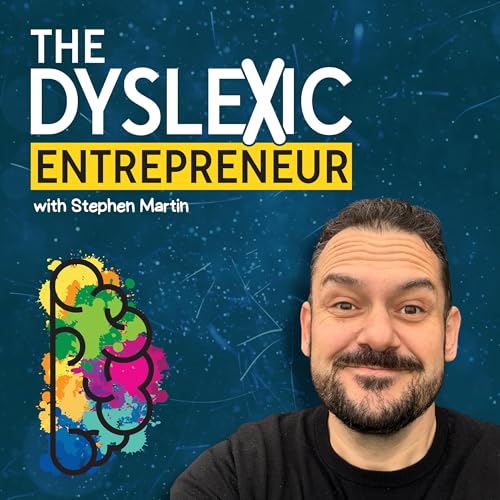In this episode of The Dyslexic Entrepreneur, Stephen Martin explores the relevance of email marketing in 2026, addressing common misconceptions and providing insights into effective strategies. He emphasizes that while email marketing is not dead, it has evolved, requiring a focus on quality content and relationship-building with audiences. The discussion covers the pros and cons of email marketing, including ownership of email lists, audience intent, and the challenges posed by spam filters. Martin shares practical tips for creating engaging emails, highlighting the importance of personality, consistency, and clear messaging.
Takeaways
Email marketing is not dead; it has evolved.
Quality content is essential for effective email marketing.
You own your email list, unlike social media.
Spam filters are becoming more sophisticated.
Consistency in emailing is crucial for visibility.
Short, engaging emails perform better than long ones.
Use AI to enhance your writing, not replace it.
Focus on one clear idea per email.
Selling softly can lead to better engagement.
Treat email marketing as a relationship-building tool.
Email marketing, 2026, digital marketing, business strategy, audience engagement, email list, marketing tips, content creation, AI in marketing, relationship marketing, ADHD, adults with dyslexia, support for adults.
Join the club
rightbrainresetters.com
Get 20% off your first order
addednutrition.com
If you want to find out more visit:
truthaboutdyslexia.com
Join our Facebook Group
facebook.com/groups/adultdyslexia
 11 分
11 分 2026/02/1810 分
2026/02/1810 分 2026/02/1610 分
2026/02/1610 分 12 分
12 分 10 分
10 分 2026/02/0410 分
2026/02/0410 分 2026/02/0212 分
2026/02/0212 分 14 分
14 分
